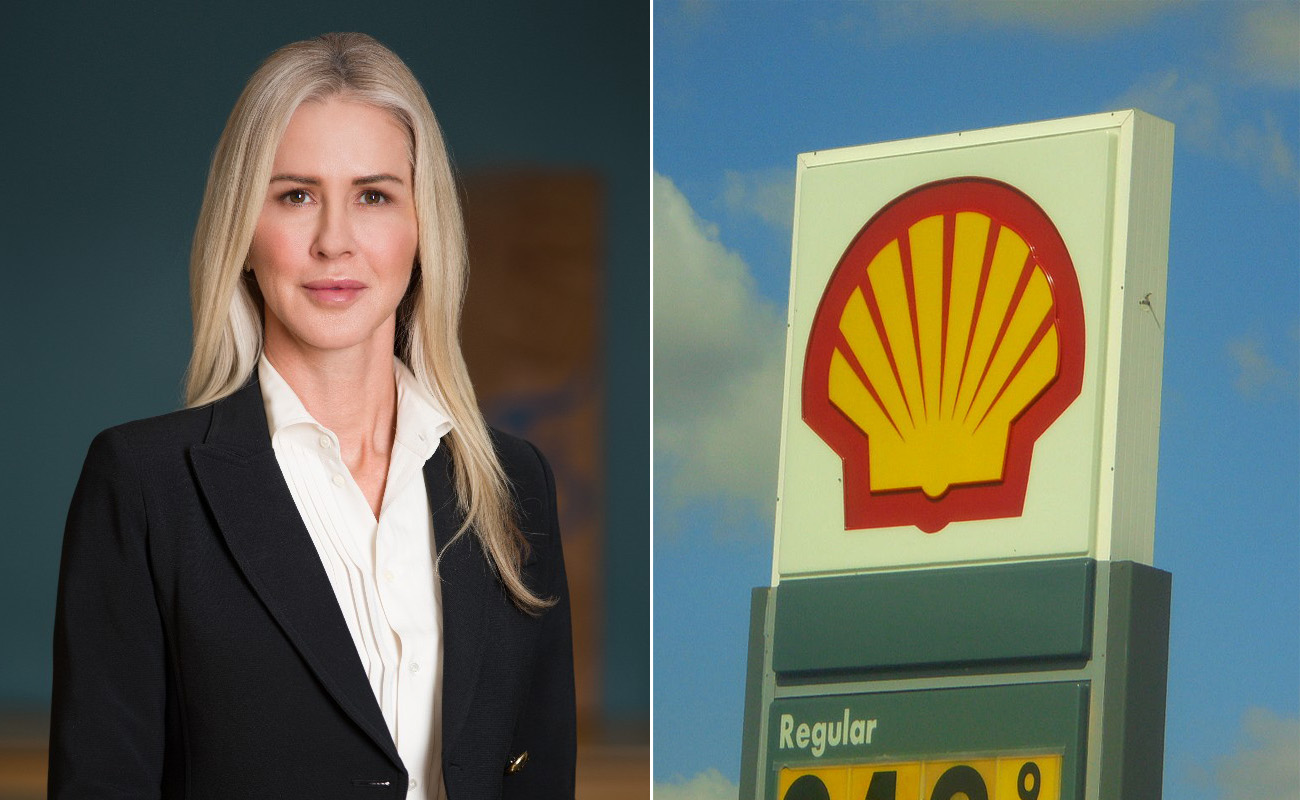Shell Canada is going out of its way to assure the public that it cares deeply about fixing the climate emergency.
The oil and gas major paid late last year for an advertising feature in the Globe & Mail touting its commitment to a “net-zero” economy where humankind is no longer releasing atmosphere-warming emissions. “We’re recognizing we have to be a force for good for the community,” Susannah Pierce, who became the president of Shell Canada in 2021, says in the feature.
But Pierce’s apparent dedication to climate action is raising eyebrows among disinformation experts, because she was recently on the board of directors of the Fraser Institute, which is one of the most prominent climate crisis denial think tanks in Canada.
One of the Fraser Institute’s senior fellows recently authored an op-ed in the Calgary Sun arguing that net-zero is “the pathway to Canadian decline” and that alternatives to fossil fuels are “unstable and unreliable.” The institute previously bragged that one of its biggest intellectual contributions over 35 years in Canada was bringing “to public attention the uncertainties of climate science.”
The Fraser Institute was described in a 2008 climate change lawsuit brought on behalf of the Alaskan village of Kivalina as having a long history of disseminating “misleading information to downplay the severity of global climate change.”
As Shell’s latest president, Pierce says that climate change is becoming so urgent that as a society we need “to act locally and globally” and that Shell is doing its part to build a “net zero future.” The company claims it will achieve that future by reducing “absolute emissions by 50% by 2030, compared to 2016 levels on a net basis.”
But Pierce’s previous institutional connections to the Fraser Institute are yet more evidence that Shell Canada’s insistence on being a climate leader is “bullshit,” argues Donald Gutstein, an adjunct professor in the School of Communication at Simon Fraser University and author of several books about corporate power and the media.
“It’s total greenwashing,” he said of Shell Canada’s current promises to cut emissions.
Neither Pierce nor the Fraser Institute responded to questions from DeSmog.
Pierce was on the institute’s board of directors from 2017 to 2020, according to the institute’s annual reports. She acted during those years as a representative of LNG Canada, a Shell-led consortium that is building the Coastal GasLink pipeline, which has faced years of opposition from Wet’suwet’en First Nation members, along with a $40 billion liquified natural gas project in northwest British Columbia.
If and when this gas export terminal goes ahead it could produce carbon emissions equivalent to adding 800,000 gas-burning cars to roads in a year.
During Pierce’s time on the board, the Fraser Institute published numerous studies and op-eds downplaying the seriousness of climate change. That includes a 2019 Financial Post column by senior fellow Ross McKitrick entitled “Hold the panic: Canada just warmed 1.7 degrees and…thrived.”
“Tell everyone over and over that the climate is changing, and soon they will see proof of change everywhere. Rain, snow, wind, floods or dry spells; it will all seem to eerily confirm the theory, even though we have always had these things,” McKitrick wrote. “Most of what people are noticing, of course, are just natural weather events.”
The Fraser Institute highlighted McKitrick’s column in its 2019 annual report, citing it as an example of the organization debunking “inaccurate and alarmist” fears about climate change. “All told, centre staff and senior fellows wrote over 25 original newspaper commentaries on environmental issues in 2019,” the annual report reads.
The following year’s annual report no longer lists Pierce on the board of directors. In 2021, she became president of Shell Canada, and immediately began doing interviews touting the company’s commitment to addressing climate change.
“I’ve seen it just in the first couple of months that I’ve been on scene,” Pierce said at the time, explaining that she was helping “transition our company from one that had traditionally produced oil and gas into one which is a leader in new technologies and new energy systems that can achieve our net-zero ambitions.”
But internally Shell very much remained focused on oil and gas.
“Please do not give the impression that Shell is willing to reduce carbon dioxide emissions to levels that do not make business sense,” reads a Shell PR guidance slide that was released this year as part of a US congressional investigation into climate disinformation. “Shell has no immediate plans to move to a net-zero emissions portfolio over our investment horizon of 10-20 years.”
It appears to confirm what researchers like Gutstein have long suspected about Shell’s ambitious public targets for reducing carbon: “They’re never going to actually achieve the goal.”
Subscribe to our newsletter
Stay up to date with DeSmog news and alerts







